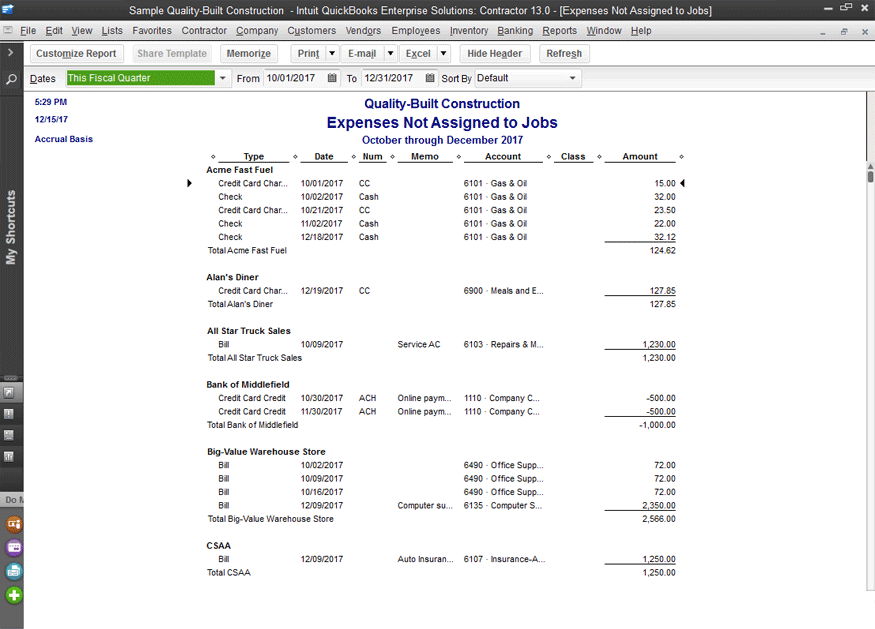
There is sometimes confusion about personal expenses and whilst some items appear obvious such as your weekly shop and clothes, others can appear to be in the grey area. Examples of this are: mobile phones in your own name but used for business calls too, home-office running costs, personal vehicles used for business. “Is the item or service used purely for business?” This helps you ascertain whether a proportion of the cost needs to be deducted for personal use.“Did I purchase this item or service because I need it for my business?” If the answer is yes, then it is a business expense.

By asking two simple questions you can identify the business expenses you need to be recording: So, if the expense is necessary and wholly incurred as part of the running of your business, it is a business expense. The most common example of this expense is client entertaining where you can still record them but it won’t reduce your tax bill and VAT can’t be recouped.
ACCOUNTING FOR CONTRACTOR EXPENSES FULL
There’s more information on this type of expense later in the article, but you can find out more here in the full list of allowable expenses. Tax-deductible expenses are deducted from company profits so your tax bill is reduced. These include business-related travel, IT equipment and services like accountancy and webhosting. Tax deductible – the majority of expenses fall into this group.When looking at tax efficiencies and how HMRC views the expense, there are two categories, and they are treated and recorded differently in your year-end accounts and tax returns: On the face of it, this definition appears simple, but what does it mean for you?Ī business expense is an expense that’s paid by the business, by you, or by your employees that is for physical items or services needed to run the business. The HMRC rule is clear a business expense must be necessary and that is wholly and exclusively incurred as part of the day to day running of your business.
ACCOUNTING FOR CONTRACTOR EXPENSES HOW TO
This article will arm you with all the information you need to identify all the business expenses you should be claiming for and how to keep the relevant records. Effective expense management enables you to maximise your tax efficiencies and it needn’t be complicated or time consuming.


 0 kommentar(er)
0 kommentar(er)
